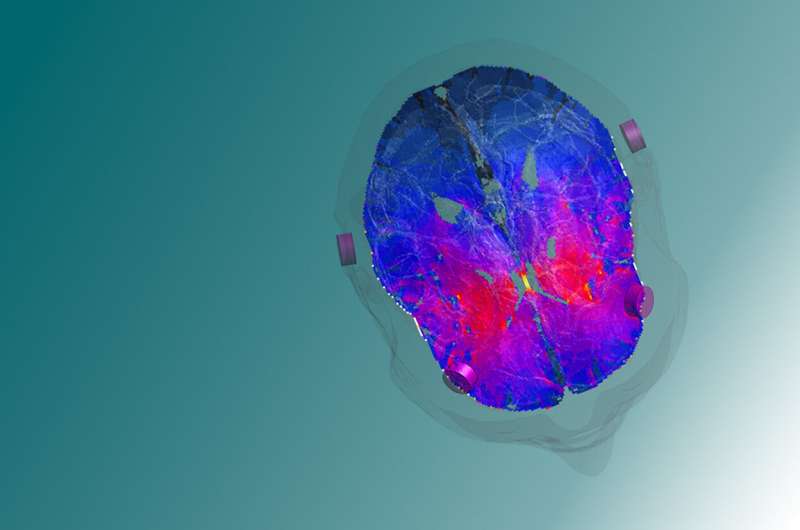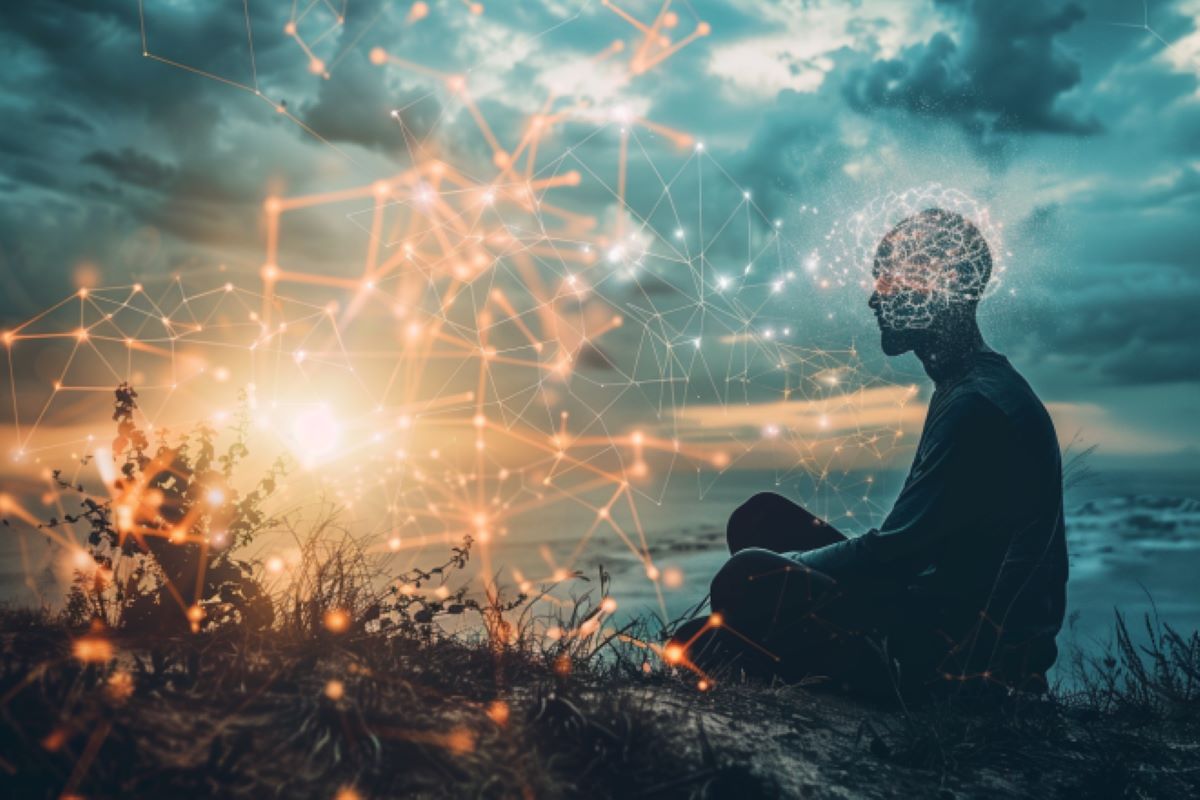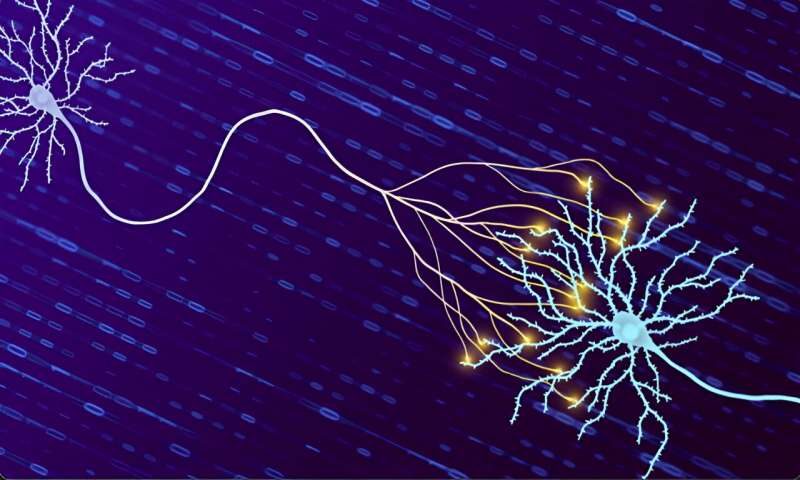Nature Knows and Psionic Success
God provides
Propofol Disrupts Brain’s Stability/Excitability Balance to Induce Unconsciousness
Genetic Engineering & Biotechnology News There are many drugs that anesthesiologists can use to induce unconsciousness in patients, but exactly how these drugs cause the brain to lose consciousness has been a longstanding question. A study in non-human primates by MIT neuroscientists has now…
Mind Over Matter: Sculpt Your Brain, Transform Your Future
Key points Research suggests that heavy reliance on technology may change brain structure and reduce grey matter density. People can shape their brains through intentional actions to maintain mental agility and resilience. Engaging in mentally stimulating activities with new skills can strengthen cognitive function…
Trying Harder Increases Cognitive Effort and Enhances Memory

Key points To successfully complete a hard task requires more cognitive effort. In visuomotor tasks, more cognitive effort enhances working memory allocation. Enhanced working memory allocation leads to improved recall and memory. “It just got too hard,” says Geena Davis as Dottie Hinson in…
The molecule that could alleviate stroke-related brain injury
A newly developed molecule, LK-2, could inform new therapies for stroke-related brain injury, finds scientists at The Hospital for Sick Children (SickKids). An ischemic stroke occurs when blood flow to a part of the brain is interrupted, depriving the brain cells of oxygen and…
Serotonin 2C Receptor Key to Memory

Summary: Researchers discovered the serotonin 2C receptor in the brain plays a crucial role in regulating memory in both humans and animal models. This breakthrough offers insights into conditions associated with memory loss, such as Alzheimer’s disease, and suggests new treatment pathways. Mutations in…
Ozempic Boost Fullness Pre-Meal via Hypothalamus

Summary: A new study shows GLP-1 receptor agonists increase pre-meal fullness by activating neurons in the dorsomedial hypothalamus. This mechanism helps prevent overeating, offering insights into obesity treatment. The research highlights how GLP-1 impacts food perception and hypothalamic responses to food cues, enhancing satiation…
Resiliency shaped by activity in the gut microbiome and brain
Science News from research organizations FULL STORY A new UCLA Health study has found that resilient people exhibit neural activity in the brain regions associated with improved cognition and regulating of emotions, and were more mindful and better at describing their feelings. The same…
Unlocking the entrepreneurial brain: New perspectives on cognitive flexibility
In a recent study led by the University of Liège researchers delved into the intersection of the fields of entrepreneurship and neuroscience, looking specifically at the cognitive flexibility of habitual entrepreneurs — those who repeatedly launch new businesses — compared to less experienced entrepreneurs…
Sleep is essential for memory formation

Article image Imagine you’re a student preparing for a big exam: do you pull an all-nighter or get some rest? As many students know, lack of sleep makes retaining information difficult. Two new studies led by the University of Michigan (U-M) have recently revealed…
Sound stimulation with precise timings can help understand brain wave functions
Using sound to stimulate certain brain waves has the potential to help those with dementia or cognitive decline sleep better, reveals a new study. Sleep disturbances are a common feature in dementia and may affect up to half of people living with the condition….
Human neuroscience is entering a new era — it mustn’t forget its human dimension

The field is taking a leap forward thanks to innovative technologies, such as artificial intelligence. Researchers must improve consent procedures and public involvement. Facebook Email Studies involving people who are awake during brain surgery are helping to explain how the brain produces and perceives…
New technology allows researchers to precisely, flexibly modulate brain

Credit: Pixabay/CC0 Public Domain Human brain diseases, such as Parkinson’s disease, involve damage in more than one region of the brain, requiring technology that could precisely and flexibly address all affected regions simultaneously. Researchers at Washington University in St. Louis have developed a noninvasive…
Study links balanced neural activity to enhanced cognitive abilities in youth

In a world where external and internal stimuli can throw our entire body system off balance, how does our brain prevent itself from becoming overly stimulated? The answer lies in our brain’s ability to maintain the balance of neural excitation (E) and inhibition (I),…
Neural balance in the brain is associated with brain maturity and better cognitive ability
In a world where external and internal stimuli can throw our entire body system off balance, how does our brain prevent itself from becoming overly stimulated? The answer lies in our brain’s ability to maintain the balance of neural excitation (E) and inhibition (I),…
The brain can store nearly 10 times more data than previously thought, study confirms

The amount of information the brain can store is greater than once thought, new research suggests. The brain may be able to hold nearly 10 times more information than previously thought, a new study confirms. Similar to computers, the brain’s memory storage is measured…
Want to Get Smarter? Neuroscience Says 1 Uncomfortable Habit Will Help You Learn Faster and Retain More

There are plenty of ways to get smarter . You can harness the power of interleaving by learning several things in succession. You can vary the way you study. You can test yourself. Oddly enough, simply getting more sleep can actually make you smarter…
How Brain Waves Influence Your Memory

Key points Brain waves influence cognitive control and memory formation, informing how the brain manages memory. Working memory stores and manipulates information temporarily for tasks like learning and decision-making. Phase-amplitude coupling neurons synchronize with brain waves, aiding cognitive control and memory retrieval. New findings…
Hitting the target with non-invasive deep brain stimulation: Potential therapy for addiction, depression and OCD

by Ecole Polytechnique Federale de Lausanne A model image of the targeted deep brain zone, the striatum, a key player in reward and reinforcement mechanisms. Credit: EPFL Neurological disorders, such as addiction, depression, and obsessive-compulsive disorder (OCD), affect millions of people worldwide and are…
Serotonin Affects Behavior and Motivation

Summary: A new study reveals how activating the brain’s serotonin center affects behavior and motivation in awake mice. Using optogenetics and high-field MRI, researchers found that stimulating serotonin neurons in the dorsal raphe nucleus (DRN) activates the cerebral cortex and basal ganglia, critical areas…
Upgrading brain storage: Quantifying how much information our synapses can hold

Two neurons, one in full (left, light purple) and one partially out of frame (right, light blue) on top of a background of zeros and ones to symbolize the unit of bits used to quantify information storage in synapses. The neuron on the left…
